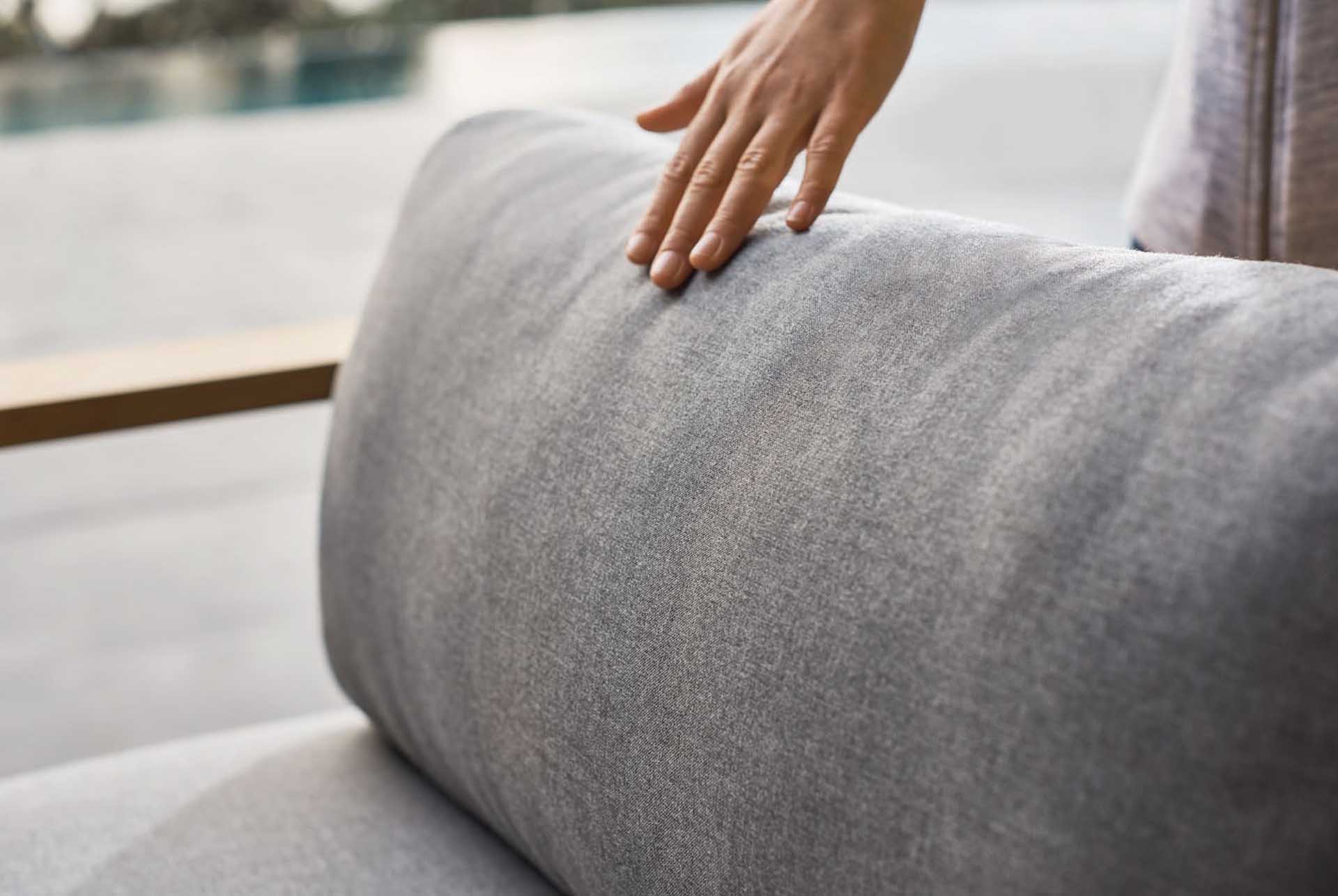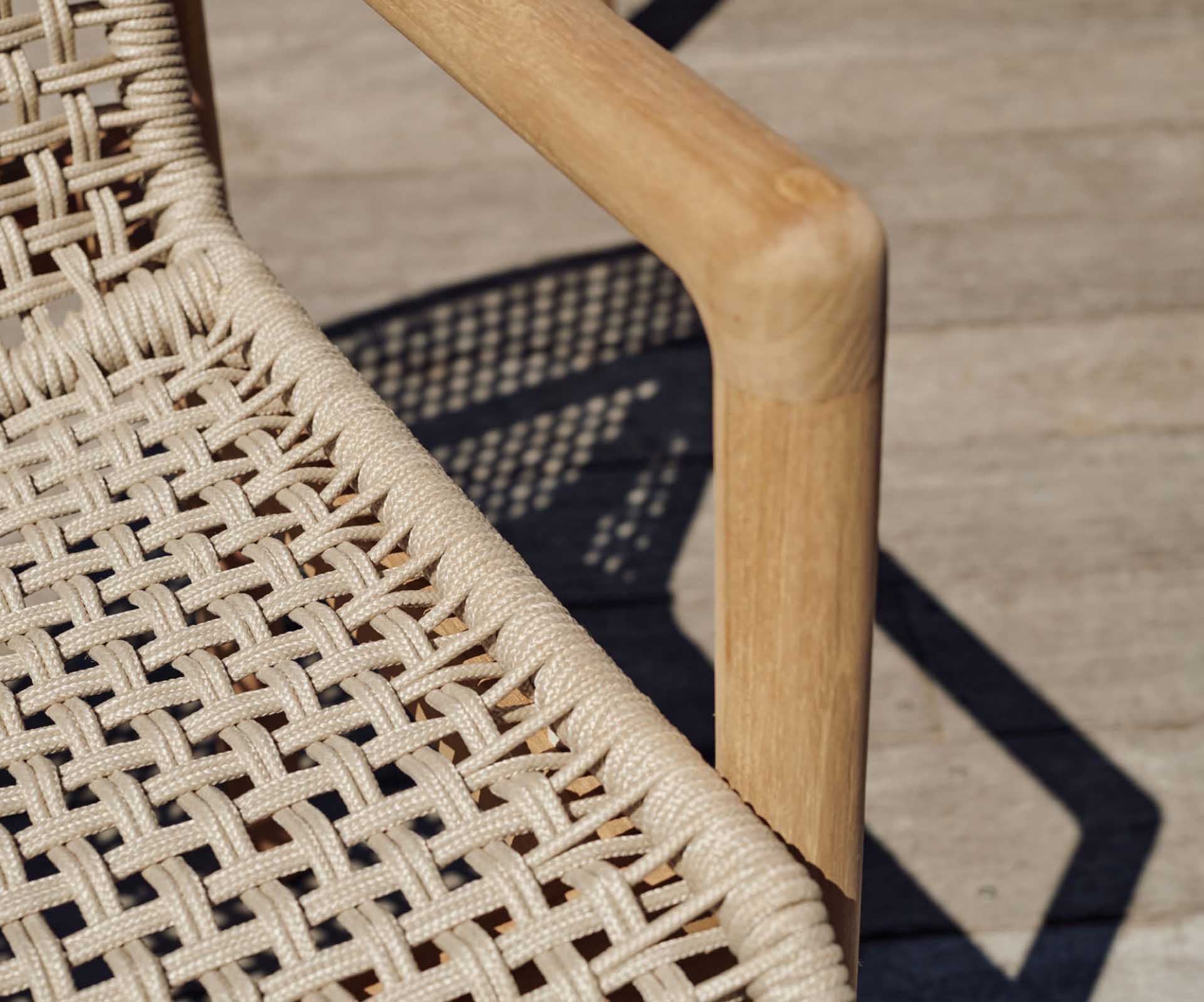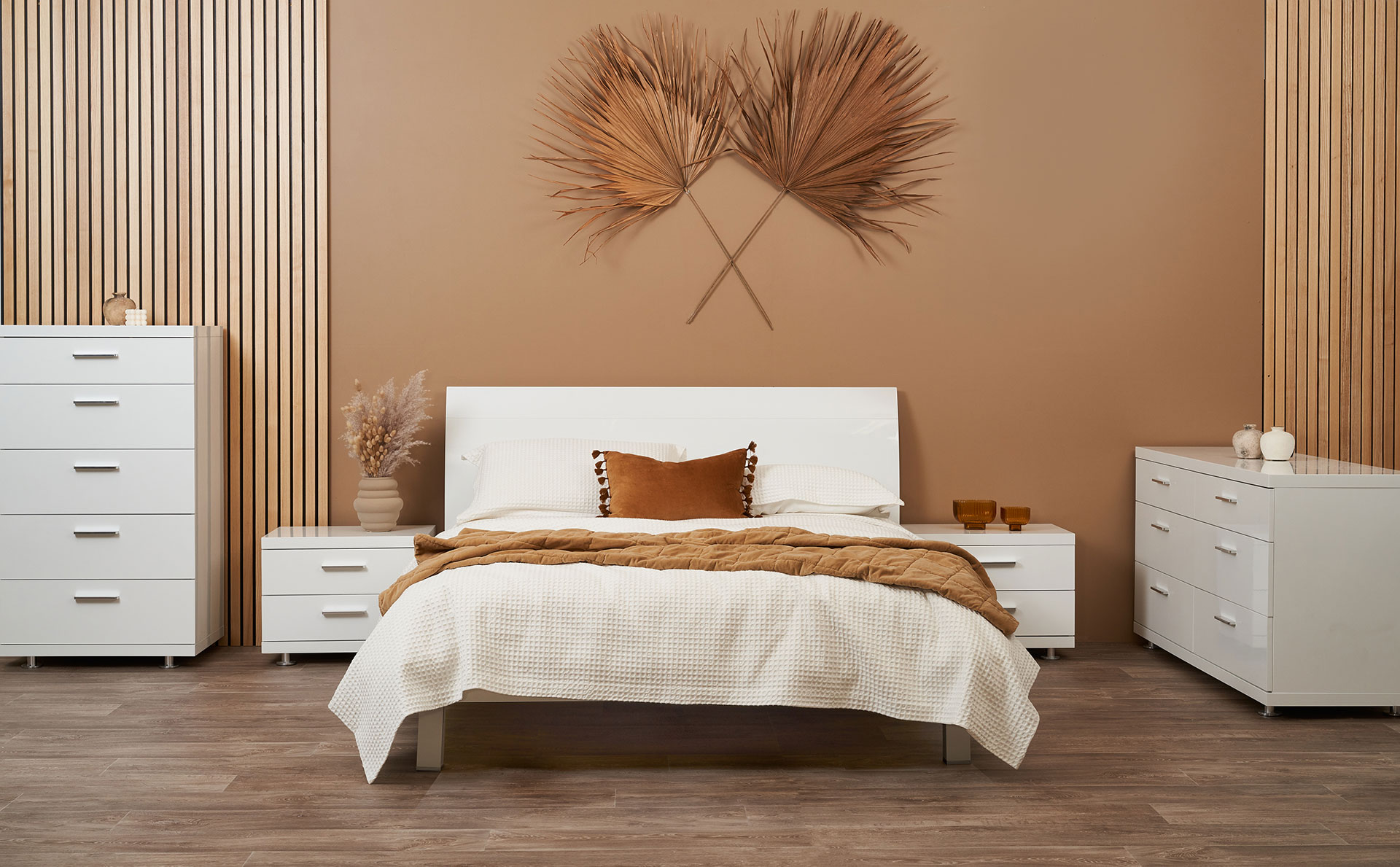Furniture Maintenance
Upholstery pilling
A pill is a small ball of fibres that form on the face of a piece of fabric. It is caused by abrasion on the surface of the fabric, and is considered an unsightly occurrence on furniture.
What causes pilling?

Loose fibres have a natural tendency to move to the surface of a piece of fabric, where they are subject to friction, which causes them to twist together into small balls. Fibres that are still secured to the fabric are also twisted into the ball, so that the pill is secured to the surface of the material.
Friction is caused in the normal course of people using the furniture, rubbing against the surface of the fabric. Laundering also causes friction – washing machines agitate fabric, causing the surfaces to rub together.
Pilling is more noticeable on man-made fibres. This is mainly because natural fabrics shed loose fibres easily and less noticeably, while man-made fibres are notoriously strong, so the pills are anchored strongly to the fabric.
Should I send the fabric back?
It is important to note that pilling is not a fabric defect or fault, and is not covered under warranty. It can be compared to the shedding experienced when purchasing new carpet – think about the way carpet behaves when newly installed, as there are constantly new loose fibres coming to the surface over the first few months of use. This is completely normal and will reduce once the excess fibres are gone.
Consumers are sometimes concerned that pilling means that the fabric is wearing away and disintegrating – this is not the case. Pilling is a normal occurrence caused by wear and tear, and does not affect the durability or functionality of the fabric. It is easily removable.
How do I remove pilling?
The quickest and most cost effective approach is to use a battery operated pill shaver to remedy the situation. These small, cheap appliances are available in most sewing stores, or the sewing area of large department stores. A pill comb is also effective, and performs the same task manually.
If pilling reoccurs, it can simply be shaved off again. This may occur several times, but the pilling will diminish and eventually cease once the excess fibres are removed.
Can I buy fabric that doesn’t pill?

Since all fabrics will pill to some extent, the possibility of it happening should not be a main concern when choosing an upholstery fabric.
However, there are fabrics that are less likely to pill. Some are treated or coated during the manufacturing process to adhere excess fibre to the surface of the fabric. Some are also put through a singeing process, which quickly burns the excess surface fibres away.
Above: Closeup of fabric before and after singeing (image by Osthoff-Senge)
Smooth, tightly woven fabrics and fabrics made from tightly twisted yarns are less likely to pill, because the fibres are held tightly in the cloth.
When a fabric is made from more than one fibre type, where one fibre is strong and one is weak (for example, polycotton) pilling will be more noticeable, because the weaker fibre wears and breaks, while the stronger fibre holds the pills to the cloth.
Ultimately, if you notice that your furniture is developing pills, don’t be alarmed. It is easily remedied and does not mean your furniture is made of poor quality fabric.
SOURCE: http://www.charlesparsonsinteriors.co.nz/blog/upholstery-pilling?mystore=conz



